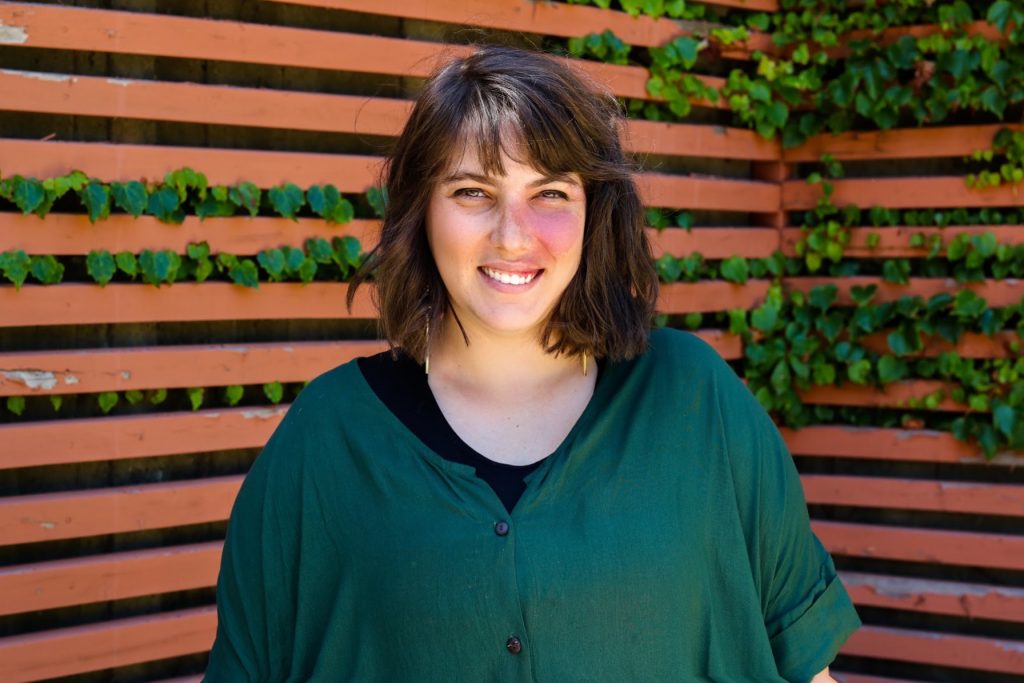Alexandra Fox was on track to finish her master of science in occupational therapy in June — then the novel coronavirus outbreak hit.

Fox, 30, has been working towards this goal for two years at Dalhousie University, and she only needs 300 more hours of clinic work to finish the degree.
READ MORE: Coronavirus: Britain’s Prince Charles tests positive for COVID-19
Although it’s currently a topic of debate among the professors and administrators at her institution, students aren’t typically allowed to complete clinical hours online. If this rule remains, Fox could be unable to work in her field for another year.
“My plan was to finish my degree and start working as soon as I could,” she said.
“It’s a double-edged sword: I want to graduate on time, but I also don’t want to lose out on 300 clinical hours of learning in order to do that.”
When she finishes this degree, Fox will have roughly $106,000 in student debt. She previously budgeted to have her expenses covered until she started work in July, but now everything is up in the air.
“The ambiguity of all of this has been extremely stressful,” she said.
Fox is far from alone in all of this. The COVID-19 outbreak has led to the closure of university and college campuses across the country, forcing classes online where possible, significantly impacting the lives of many students.
Duaa Zahra, a fourth-year undergraduate student in the theatre production and design program at Ryerson University in Toronto, is struggling with the school’s move to online-only classes.

Zahra also accepted she won’t be able to do a lot of the larger final projects she had been planning for the last three years.
Zahra’s professors have opted for a few different online tools to deliver lectures since the Ryerson campus closed, each with their own pros and cons. Some professors use Zoom to hold real-time lectures, while others pre-record their lectures and post them online.
“The second option … means I’m unable to ask questions in real-time when something comes up in a recorded lecture that I don’t understand,” Zahra said.
READ MORE: Sore back, neck from working from home? Quick fixes to improve your workspace
John Ippolito, an associate professor in the faculty of education at York University in Toronto, typically teaches most of his classes online.
“There’s nothing inherent in online classes that will necessarily disadvantage students of varying learning types, provided the online course is done well,” he said.
Ippolito says the key to a good online class is “staying close to your students.”

He anticipates that this shift will have a large impact on how education works in the future — even after campuses re-open.
“I think there will be a new normal,” said Ippolito, with more online offerings.
READ MORE: Quarantine that stress: Limit screen time during coronavirus outbreak, experts say
But for the remainder of this semester, he recommends professors keep things as simple as possible.
“Complete the semester. Make accommodations and changes when necessary,” he said.
“We’re very close to the finish line. Keep it simple and get things done.”
Unfortunately for many students though, the coronavirus outbreak has changed more than just how they attend lectures.

For Fox, the pandemic means never having a final class with her cohorts. It also means never walking across the stage at convocation.
“We were last together in December before we went off on an eight-week placement … and we were supposed to come together in person for six weeks in May to finish classes and graduate together, but it looks like that won’t happen,” she said.
“It’s sad not getting to have one last hurrah with your class and see everyone in person before we go across the country to start our careers.”
READ MORE: What is an essential service? After groceries, it depends where you live in Canada
However, Fox is trying to keep an open mind. One thing she hopes is that this experience will make her and her peers better healthcare professionals once they enter the workforce.
“My dad is working on the frontlines … as a doctor in respirology, and seeing the ways the broader community and health-care community has come together to work on this is inspiring,” she said.
“I’m really proud of him and the local health-care community here and I hope to bring some of their dedication, perseverance and commitment to my work in the future.”
Questions about COVID-19? Here are some things you need to know:
Health officials caution against all international travel. Returning travellers are legally obligated to self-isolate for 14 days, beginning March 26, in case they develop symptoms and to prevent spreading the virus to others. Some provinces and territories have also implemented additional recommendations or enforcement measures to ensure those returning to the area self-isolate.
Symptoms can include fever, cough and difficulty breathing — very similar to a cold or flu. Some people can develop a more severe illness. People most at risk of this include older adults and people with severe chronic medical conditions like heart, lung or kidney disease. If you develop symptoms, contact public health authorities.
To prevent the virus from spreading, experts recommend frequent handwashing and coughing into your sleeve. They also recommend minimizing contact with others, staying home as much as possible and maintaining a distance of two metres from other people if you go out.
Meghan.Collie@globalnews.ca










Comments